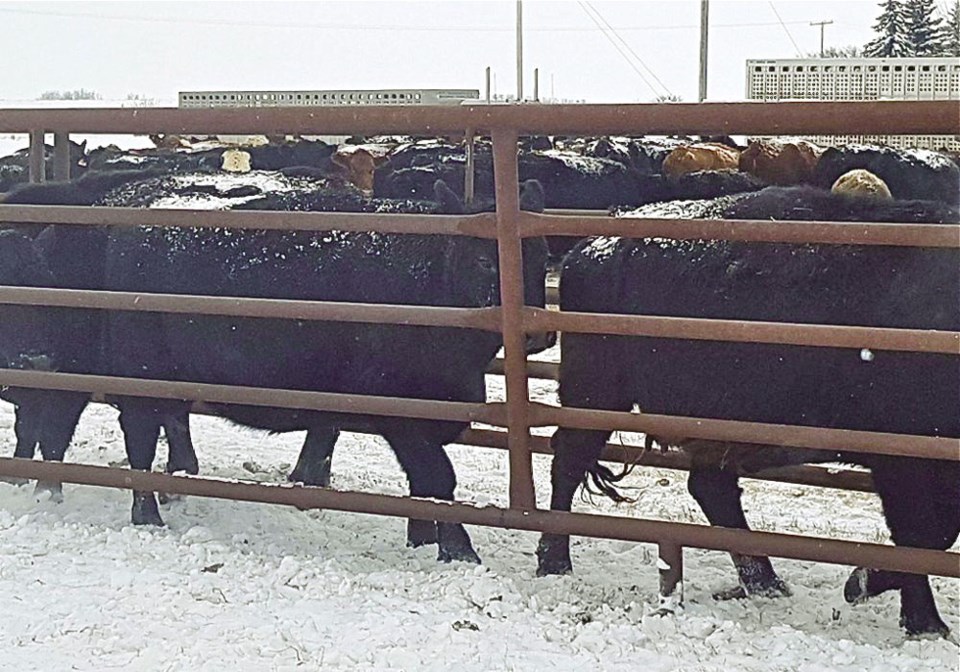Warren Russell, who faces several charges after more than 300 cattle were seized from his farm last January, made an appearance in Weyburn Provincial Court on Tuesday.
Russell, of the Stoughton area, was originally charged under Section 4 of the province’s Animal Protection Act. That section prohibits anyone from causing an animal to be in distress or to continue to be in distress.
According to Weyburn Review, he was told by the judge on Tuesday the Crown was not proceeding under the provincial act, but the charges are now under the Criminal Code, for willfully permitting “to be caused unnecessary pain, suffering or injury to an animal” and for willfully neglecting or failing “to provide suitable and adequate food, water, shelter and care for animals.”
During his first court appearance, Russell was also told the Crown is proceeding by indictment because the charges are now over six months old.
Russell told the court that he needs time to hire a suitable lawyer, saying that he talked to a number of lawyers in Weyburn and Regina, and none of them were familiar with the new act that he is being charged under. The charges were set over to Jan. 14, 2020, in Weyburn provincial court, to give him time to arrange for a lawyer.
The Crown also turned over a binder of disclosure documents to him, and Russell was advised to pass these on to his lawyer once he hires one.
When his cattle were seized in January, in the interview with Western Producer, Russell said that his animals were in good condition, had adequate feed and water, and weren’t in distress. Under new animal protection legislation that came into effect last fall, the definition of distress doesn’t just mean a lack of food and water. It can include a lack of protection from the cold, abuse, neglect, or animals being kept in conditions that contravene the prescribed standards under the beef code of practice and that could significantly impair the animals’ health or wellbeing over time.
Although some cattle may be found in good condition, court precedents have determined animals can be seized so that they don’t fall into distress.
Russell maintained he cared for his cattle. They were bale grazing on a section of rented pasture and he still had 30-plus untouched bales at the time of the seizure.
He admitted APSS had presented him with a corrective action order five days before proceeding with legal action, and he said the correction order was “followed to the T,” but animals were still was still seized and later auctioned off.



